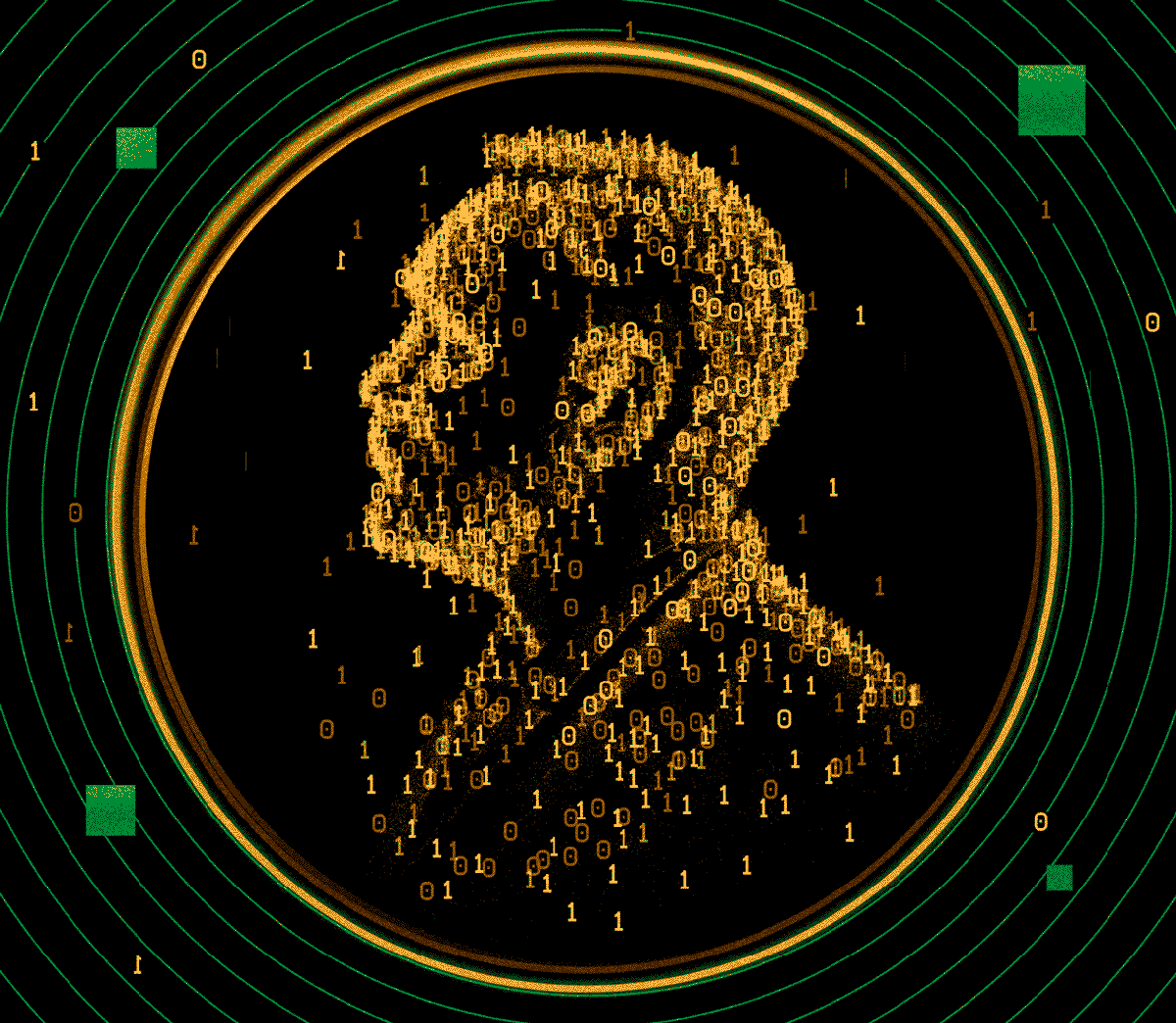
"In the past two years, they have demonstrated that they can analyse data, design experiments and even come up with new hypotheses. The pace of progress has some researchers convinced that artificial intelligence (AI) could compete with science's greatest minds in the next few decades. In 2016, Hiroaki Kitano, a biologist and chief executive at Sony AI, challenged researchers to accomplish just that: to develop an AI system so advanced that it could make a discovery worthy of a Nobel prize."
"It might not even take until 2050. Ross King, a chemical-engineering researcher at the University of Cambridge, UK, and an organizer of the challenge, thinks such an AI scientist' might rise to laureate status even sooner. I think it's almost certain that AI systems will get good enough to win Nobel prizes, he says. The question is if it will take 50 years or 10."
Artificial intelligence models have begun to succeed in scientific tasks, demonstrating abilities to analyse data, design experiments and propose new hypotheses. The Nobel Turing Challenge aims to build an AI system capable of making a discovery on par with top-level human research, targeting a fully autonomous breakthrough by 2050. Some organizers believe such a system could emerge sooner, potentially within a decade. Many researchers remain skeptical that current models—trained to generate outputs from existing human knowledge—can produce genuinely fresh insights. Achieving Nobel-level discoveries may require substantial changes in AI development approaches and reallocation of funding toward new research directions.
Read at www.nature.com
Unable to calculate read time
Collection
[
|
...
]